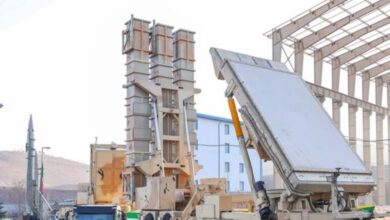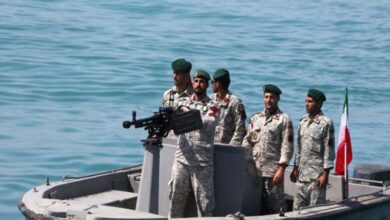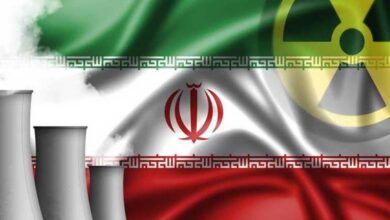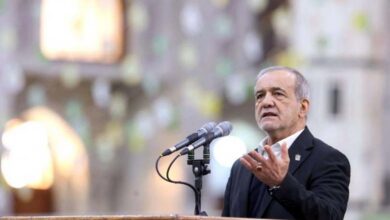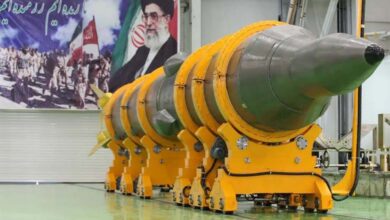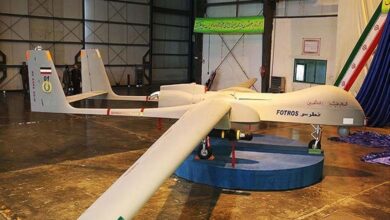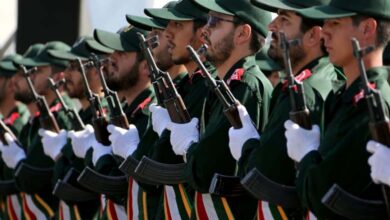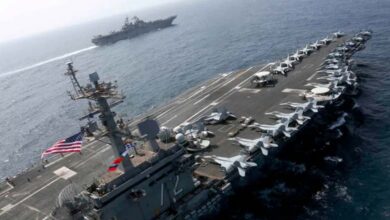CENTCOM Commander Reveals Ready-Made Plans to Strike Iran
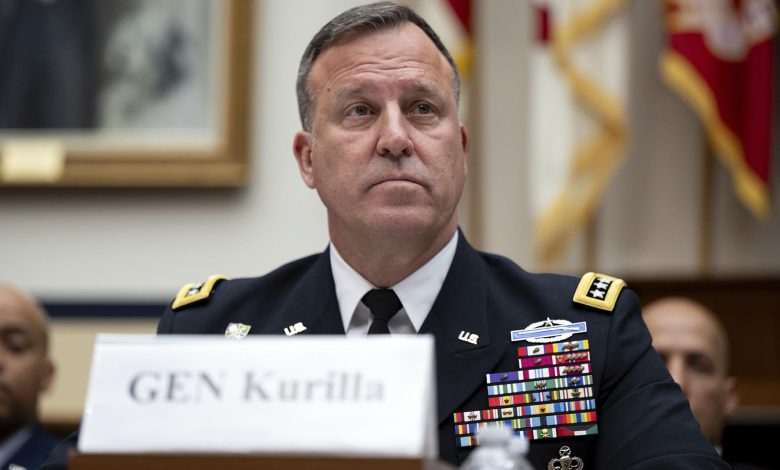
Michael Kurilla calls for cooperation with Israel and regional partners to counter threats to regional security—whether from states or non-state armed groups.
-
Energy Investments: Iran’s New Card to Woo Trump and End Sanctions
-
Trump’s Pressure Pushes Iran to Accept U.S. Demands on Nuclear File
In a development that signals a possible escalation in regional tensions, U.S. Central Command (CENTCOM) Commander General Michael Kurilla revealed during a hearing before the House Armed Services Committee that the military has ready-to-implement plans to strike Iran if diplomatic efforts to curb its nuclear program fail. His remarks increase pressure on Tehran and send a clear message that Washington has not ruled out the military option, despite ongoing negotiations.
Kurilla confirmed that CENTCOM has provided President Donald Trump and the Secretary of Defense with a broad range of military options, stressing that U.S. forces are fully prepared to carry out any orders if given. This statement came in response to a direct question from Committee Chairman Rep. Mike Rogers, who asked whether CENTCOM was ready to use “overwhelming force” should Iran proceed with its nuclear ambitions. Kurilla’s response was unequivocal: “Yes.”
-
Iran’s Nuclear Program Back in the Spotlight… and Trump Seeks Political Breakthrough
-
Trump’s Return Pushes European Powers to Demand Increased Pressure on Iran
Although President Trump remains committed to diplomacy and has avoided new military entanglements in the Middle East, the existence of military alternatives remains evident. Analysts view Kurilla’s comments as indicative of a delicate U.S. policy balance—intensifying pressure on Iran by demonstrating military readiness while keeping diplomatic channels open as the preferred path.
In his testimony, Kurilla described the current situation in the Middle East as a “strategic turning point,” urging American policymakers to seize the opportunity to promote a vision of a prosperous and integrated Middle East. He emphasized the importance of strengthening regional alliances and maintaining pressure on “malign actors”—a clear reference to Iran and its proxies in the region.
-
Iran Keeps Door Open for Dialogue with Trump and Prepares for New Sanctions
-
Israel Launches Massive Strike on Nuclear and Missile Facilities in Iran
Kurilla underscored that close cooperation between the U.S., Israel, and regional partners remains a cornerstone of efforts to counter threats to regional security, whether posed by nation-states or non-state armed groups. He confirmed that CENTCOM is closely monitoring developments and maintains a strategic presence to ensure deterrence and readiness.
These remarks have significant strategic implications, particularly amid the stalemate in nuclear negotiations between Iran and world powers. They also come at a critical time of escalating Iranian activities in nuclear enrichment and military support for armed groups in Iraq, Syria, Lebanon, and Yemen.
-
Nuclear Talks: Iran Rejects Washington’s Proposal, Prepares Alternative Offer
-
Between Washington and Tel Aviv… Is UNIFIL nearing the end of its mission in Lebanon?
Analysts argue that even if the military option is not the current administration’s preferred course of action, its mention serves primarily to strengthen the U.S. negotiating position, pressuring Tehran to adopt a more flexible stance in the long-stalled talks. The timing of Kurilla’s statements, alongside American efforts to reorganize regional security partnerships—especially with Israel and Gulf states—further amplifies their impact in diplomatic pressure.
Meanwhile, Axios reported on Tuesday, citing both an Israeli and an American official, that President Donald Trump had informed Israeli Prime Minister Benjamin Netanyahu of his opposition to military action against Iran at this time, believing there is still a chance to reach a nuclear agreement.
-
Nuclear Talks: Iran Rejects Washington’s Proposal and Prepares an Alternative
-
Facing China and U.S. Ambiguity.. Japan Rebuilds Its Military Power
According to Axios, Trump made the statement during a phone call with Netanyahu on Monday. However, Fox News reported that Trump had also stated Iran had become “more rigid” in the nuclear negotiations.
Trump announced that the next round of U.S.–Iran talks would take place Thursday, although a senior Iranian official and a U.S. official noted it was unlikely to happen on that day.
On Monday, Iran said it would soon submit a counter-proposal to the nuclear deal in response to a U.S. offer Tehran deems unacceptable.


